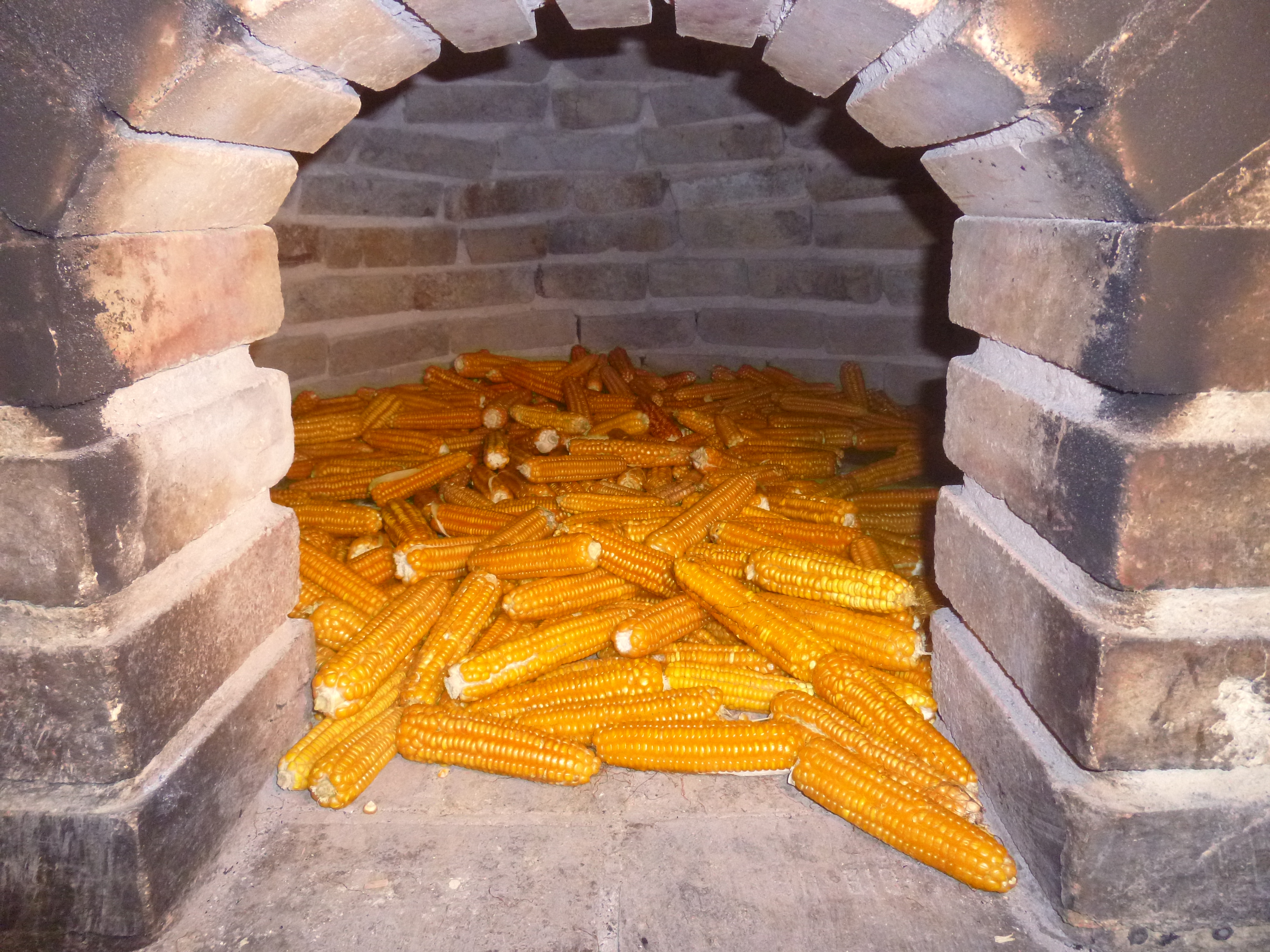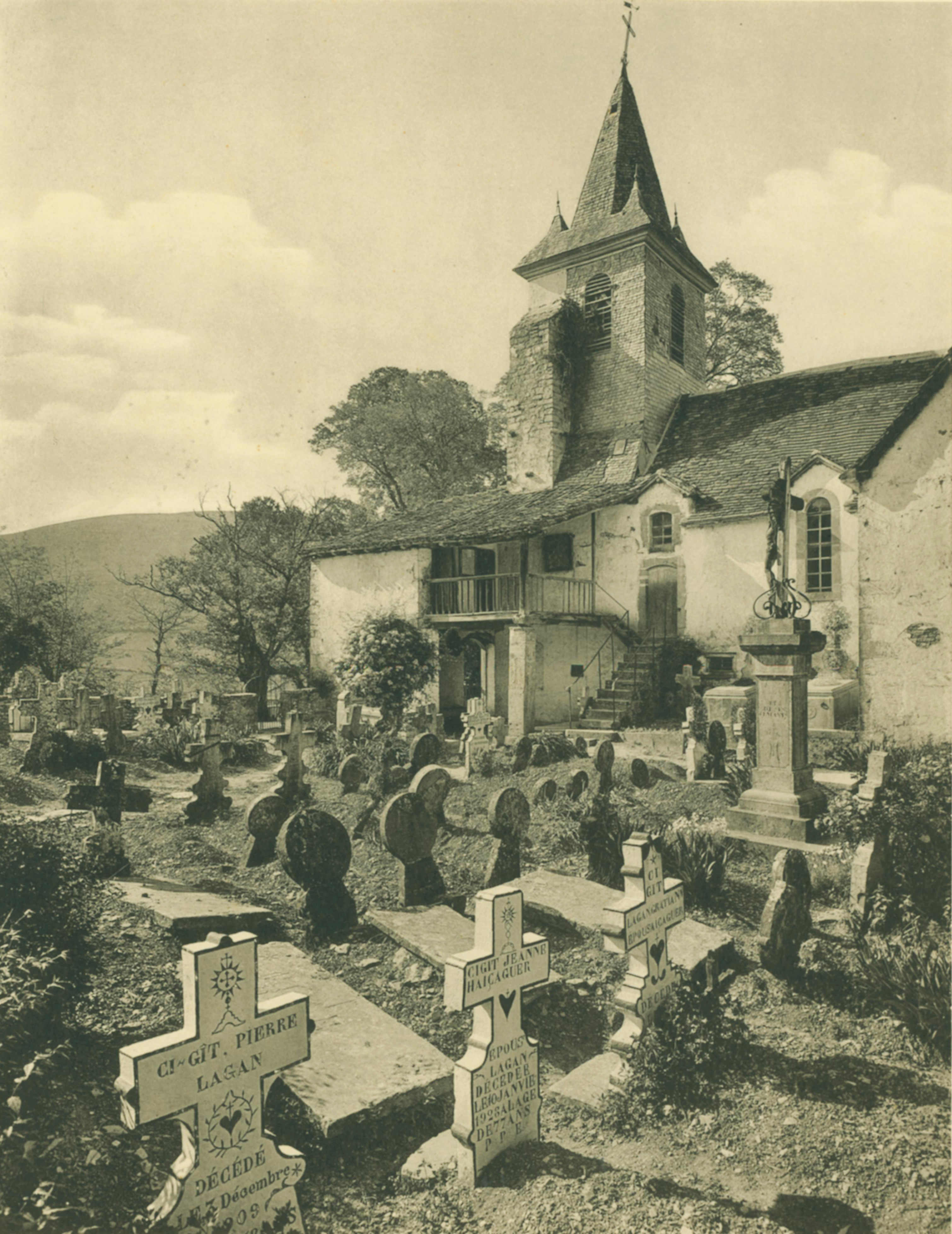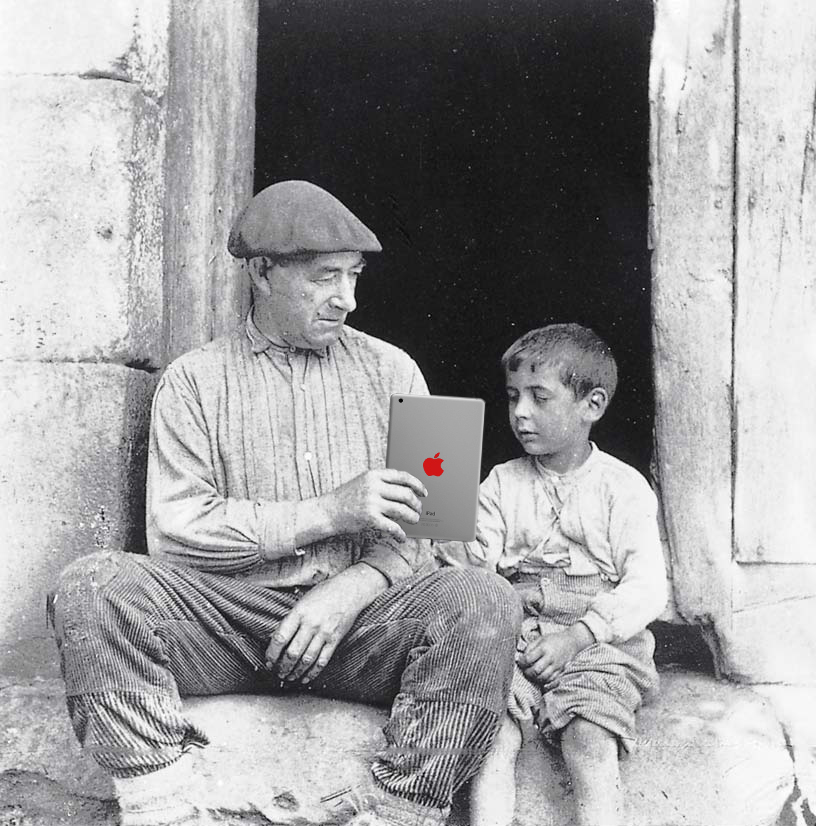Basque ethnography at a glance

Last Monday of October in Gernika-Lumo, 1996. José Ignacio García Muñoz. Labayru Fundazioa Photographic Archive.
Unique fairs and festivals popular with people from near and far are celebrated in many localities throughout Euskal Herria.
Fairs were commercial in character from the beginning. On certain days and places such periodic gatherings gained a particular relevance over time and came to enjoy great prestige. So is the case of the markets held on St Thomas’ Day in Bilbao and Donostia, the well-known Idiazabal cheese fair in Ordizia (Gipuzkoa), the fish fair at Bermeo port, and so on. The same goes for the last Monday of October fair in Gernika-Lumo. (more…)
On 26 October it will be a year since this blog was born. During this time fifty odd text entries, or shall we say posts, by nearly a dozen and a half authors I strongly resist to call bloggers for fear of being laughed at have been published on the net —the internet, of course, not any old net—. A wide variety of topics has been covered from different viewpoints, for that is what it is all about. (more…)




